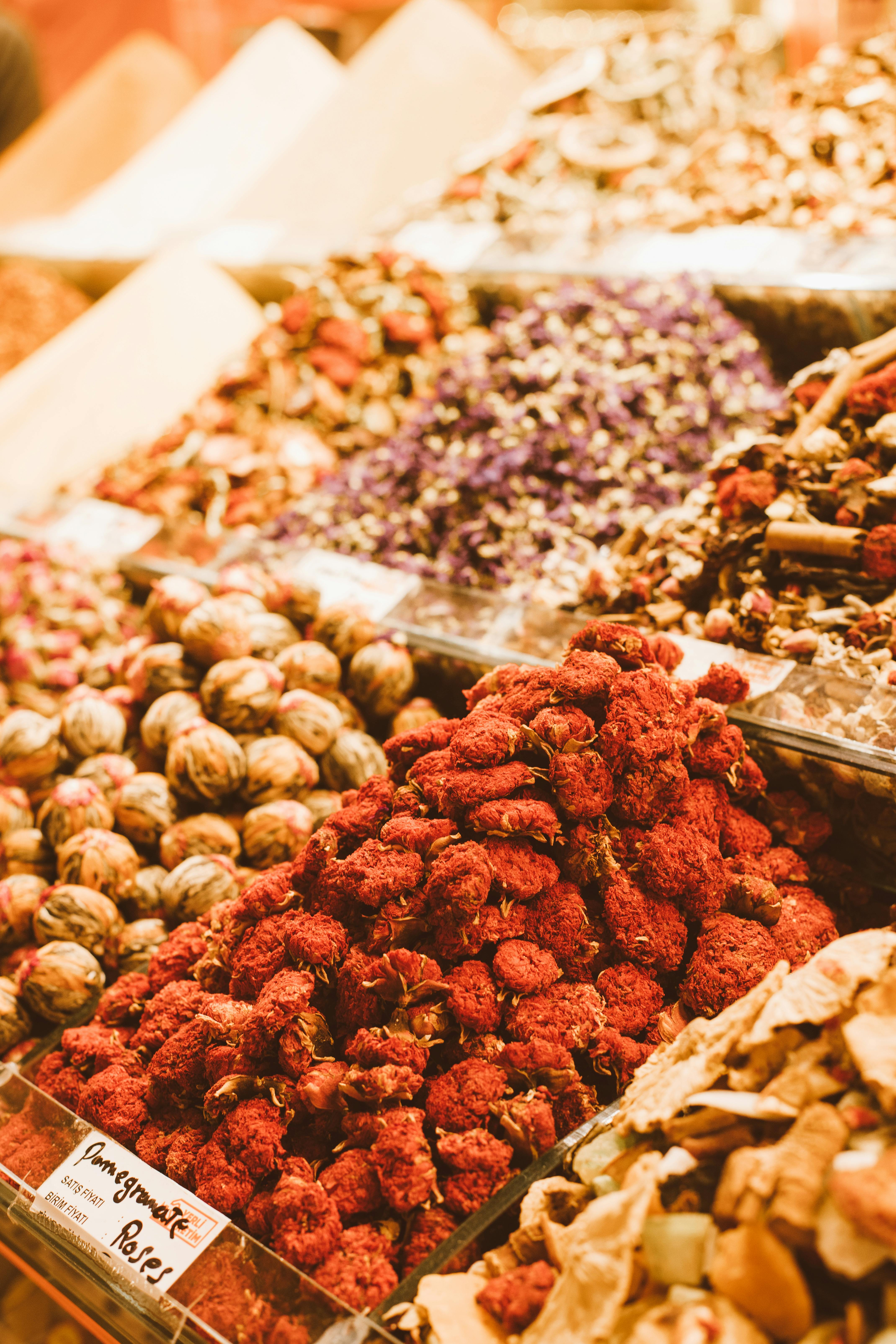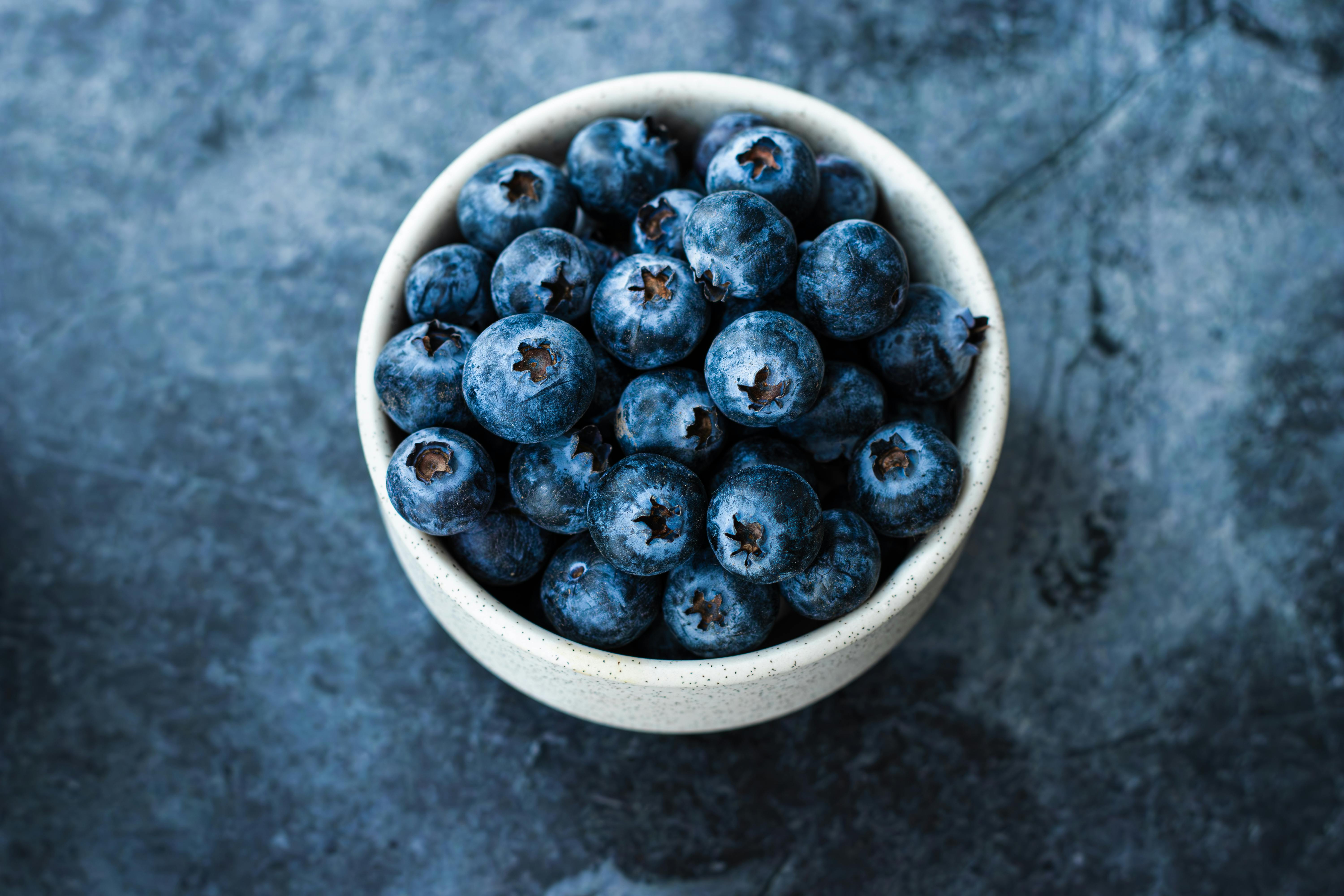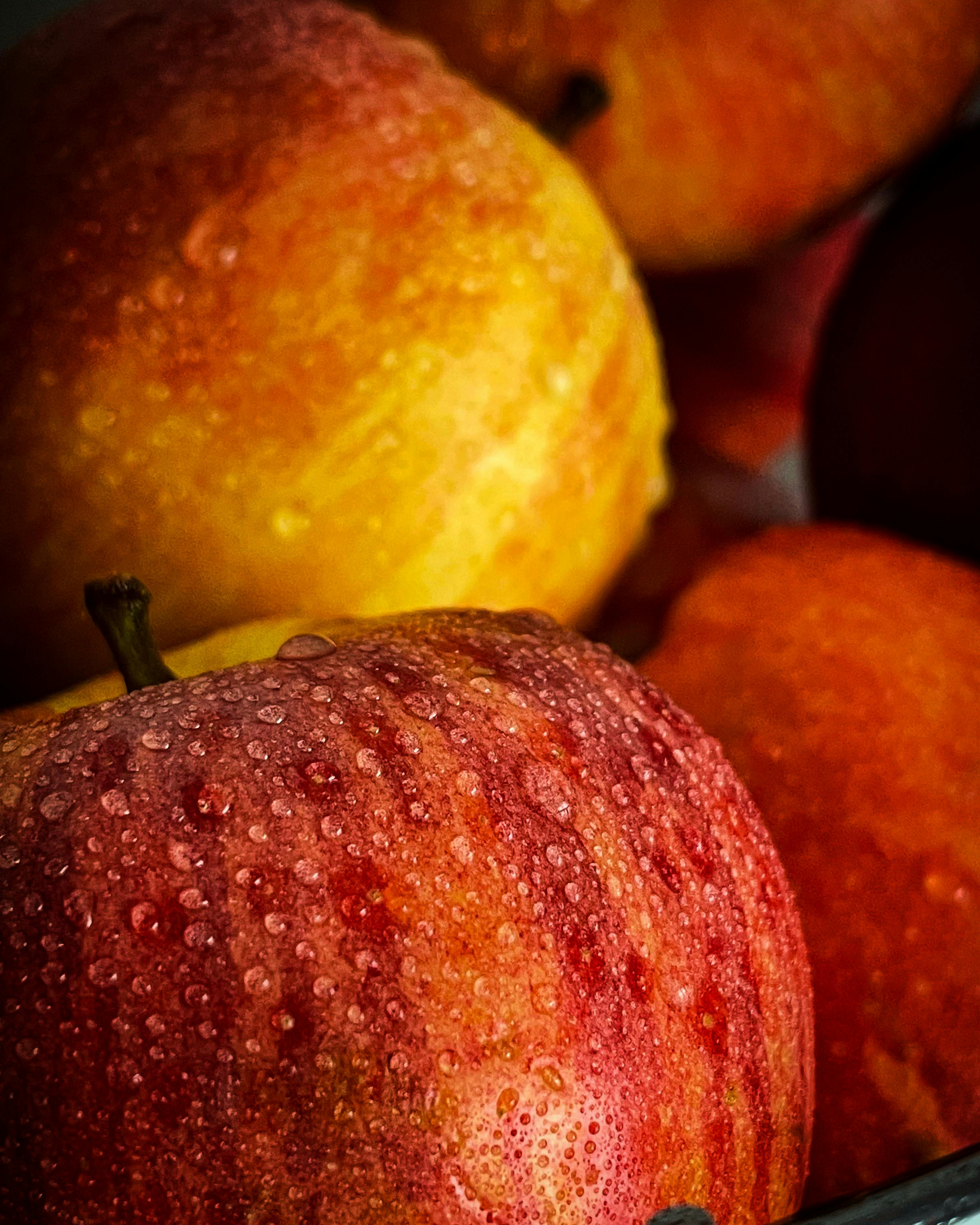Effective Guide to Hermit Crab Diet: Essential Tips for a Healthy Lifespan in 2025
Hermit crabs are fascinating pets that come with specific dietary needs that must be met to ensure their health and longevity. Understanding the hermit crab diet is essential for any owner who wishes to provide the best care possible and enjoy the benefits of a long-lasting friendship with their pet. Whether you are a seasoned hermit crab owner or a newcomer, this comprehensive guide will equip you with essential tips and insights into feeding your hermit crabs, allowing you to create a nutritious meal plan that supports their well-being.
In this article, we'll explore what do hermit crabs eat, the different types of hermit crab food, and how to create a balanced diet that meets their nutritional needs. You'll learn about both commercial and homemade hermit crab food options, common dietary restrictions, and the importance of variety in their diet. Additionally, we'll provide practical tips on how to monitor their health through diet and discuss the implications of seasonal food choices.
By the end of this guide, you will have a clearer understanding of how to enhance your pet's diet, ensuring they thrive in their habitat. Let's dive into the world of hermit crab nutrition!
Essential Guide to Hermit Crab Nutrition
Understanding Hermit Crab Dietary Needs
Hermit crabs are omnivores, which means they thrive on a diverse diet that includes both plant and animal sources. Their dietary needs are associated with their habitat in the wild, where they forage for organic matter, algae, and decaying fruits. Feeding hermit crabs properly requires the integration of these natural components along with commercially available food options.
To ensure a balanced diet, it is helpful to understand what do hermit crabs eat in their natural environment versus in captivity. Fresh fruits and vegetables, protein sources like fish flakes or shrimp, and various types of shells for calcium are essential for their growth and vigor. Each of these components contributes different nutrients needed for optimal health.
In captivity, observing your hermit crab's interaction with food can provide insight into their dietary preferences and digestive health. Making minor adjustments based on their behavior can lead to improved nutrition and well-being.
Nutritional Value of Hermit Crab Food
When examining hermit crab food, it’s crucial to consider its nutritional content. Foods rich in protein, such as fish and seafood, vitamin-dense fruits like mango and papaya, and calcium sources like cuttlebone are particularly beneficial. Here is a deeper look into what hermit crab food should encompass.
Protein is vital for growth and development, especially during molting periods, while calcium strengthens their shells and aids in overall health maintenance. Both elements contribute significantly to a balanced diet that promotes longevity.
Commercial vs. Homemade Hermit Crab Food
Commercial hermit crab food can save time and provide a balanced nutrition profile tailored specifically for hermit crabs. They often contain pre-mixed vitamins and minerals, which enhance their overall diet. Common brands include specialized blends that cater to different hermit crab species and their unique dietary requirements.
However, homemade hermit crab food can also provide high-quality nutrition and introduces food variety. Creating your own mixes allows you to control the ingredients, ensuring that your hermit crab's specific dietary needs are met. Including organic options can further improve the quality of their diet and minimize the risks associated with artificial additives.
Types of Hermit Crab Food and Their Benefits
Diverse Food Options for Hermit Crabs
Providing a variety of foods is crucial for keeping hermit crabs healthy and happy. Fresh fruits and vegetables, such as carrots, apples, and spinach, should be included along with protein sources such as eggs, shrimp, and fish.
When creating a hermit crab meal plan, focus on variety; they will benefit from different food textures and flavors that stimulate their natural foraging behavior, which is important for their mental health. Offering small amounts of various types of food encourages exploration and interaction with their environment.
Hermit Crab Safe Foods
Not every food item is safe for hermit crabs. Foods to avoid include those high in sugar, spicy foods, processed items, and citrus fruits, as these can be harmful and potentially toxic. It's crucial for owners to research and confirm which foods are safe before introducing them into their hermit crab's diet.
By providing suitable fodder, you minimize the risk of common hermit crab diseases and promote a healthier habitat. Always be cautious about introducing new foods and watch for any adverse reactions.
Hermit Crab Treats and Special Treats
In addition to their regular diet, hermit crabs enjoy treats that can add excitement to their feeding routine. Special treats can include dried fruits, snail shells for calcium, and even small amounts of non-toxic flowers.
These treats are particularly useful when you want to engage with your crabs or enhance their environment. Utilizing different sensory experiences through food can help in understanding hermit crab behavior and their preferences in food types.
Creating a Hermit Crab Meal Plan
Feeding Frequency for Hermit Crabs
Establishing a feeding schedule is important for managing your hermit crab's diet effectively. Typically, hermit crabs can be fed a small portion every other day. Adjusting this frequency may depend on their age, size, and activity level. Younger hermit crabs may require more frequent feedings to support their rapid growth.
Monitoring how much food they consume can help you determine the right amount to offer, avoiding food waste while ensuring they receive adequate nutrition. Create a feeding log to track what they enjoy and their consumption rate.
Hermit Crab Food Storage Tips
Proper storage of hermit crab food is essential for maintaining its freshness and nutritional value. Store commercial foods in a cool, dry place, away from direct sunlight. Homemade treats and fresh fruit should be given in small quantities to avoid spoilage.
Using hermit crab food containers can help organize their diet while keeping track of expiration dates. Ensuring food is safe to eat will ultimately promote healthier eating habits, which is crucial for their overall well-being.
Monitoring Hermit Crab Health Through Diet
Finally, monitoring your hermit crab's health involves observing changes in their feeding behavior, droppings, and vitality rates. A healthy hermit crab will show consistent eating habits, active movement, and maintaining a clean shell. Any changes could indicate health issues requiring prompt attention.
By aligning their diet with their behaviors, you'll better ensure your pet thrives. Keep record observances integrated with dietary changes to support their health journey effectively.
Q&A on Hermit Crab Diet
What Foods Are Harmful to Hermit Crabs?
Avoid sugary, processed, and acidic foods. Foods like chocolate, citrus fruits, and heavy spices can be toxic to hermit crabs.
How Do I Know If My Hermit Crab's Diet Is Balanced?
Monitor their activity levels and overall health; they should be energetic and have regular molting cycles. Changes in behavior may signify dietary problems.
Can I Feed My Hermit Crab Fruits and Vegetables?
Yes, fruits and vegetables are ideal, but ensure they are washed and cut into small pieces. Favorites include carrots, apples, and melon.
What's the Best Commercial Food for Hermit Crabs?
Look for high-quality brands with balanced nutrition tailored for hermit crabs. Remember to rotate their diet with homemade options.
How Often Should I Feed My Hermit Crab?
Generally, feeding every other day is recommended, adjusting the frequency based on their age and consumption rate.
For engaging insights on hermit crab care and habitat needs alongside diet, check out this resource for comprehensive information.

Maintaining a healthy hermit crab diet is vital for their long-term health and satisfaction. By using this guide, you can ensure that your crabs receive a balanced and nutritious diet, helping them to thrive in their environment. Regularly assess their dietary habits and adapt to their unique needs for the best outcomes.

For further information and related topics, don't hesitate to check out this link.
